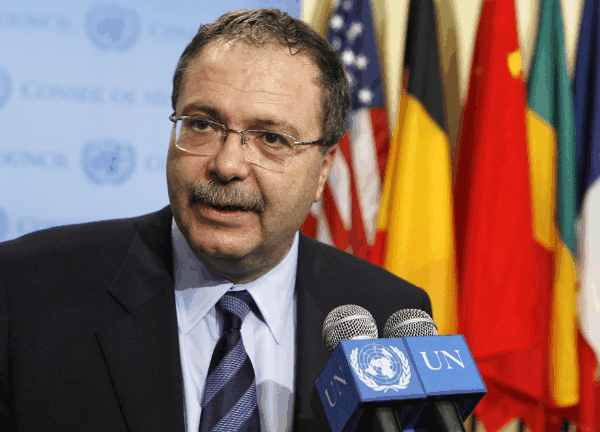Briefing to the Security Council SRSG and Head of UNSMIL, Tarek Mitri - 18 June 2013:
Mr. President,
1. On 8 June, Benghazi witnessed a tragic event, with a considerable loss of life, the greatest in east Libya since the Revolution. What started as a peaceful demonstration outside the barracks of an armed brigade in Benghazi deteriorated into an exchange of fire leaving many dead and wounded, mostly from the demonstrators. Protestors were calling for the Libya shield brigades, which comprise mainly revolutionary formations under the operational control of the Chief of General Staff of the Libyan Army, to be dismantled, and the army and police to be entrusted the role of exclusive security forces.
2. The Libyan authorities have taken swift action in the wake of the incident, transferring control of several brigade barracks in Benghazi to the Libyan Army. The General National Congress issued Decision 53 tasking the government to deal with armed groups that remain outside the control of the state, and to present immediately a proposal for the integration of armed brigades. The government responded promptly with a decision to proceed with the creation of a National Guard into which armed brigades would be integrated, but differences on the status of revolutionary brigades and their relationship with the state remain unresolved. The security situation in Benghazi deteriorated again on June 15. In what appears to be retaliation for the events of June 8, gunmen attacked an army base and the National Security Directorate. A number of Special Forces troops were killed. UNSMIL firmly condemned these attacks, as well as the previous ones, and called on all Libyans to rally around their legitimate institutions.
Mr. President,
3. I would like to briefly touch on the unilateral Declaration by the Transitional Council of Barqa on 1 June of a federal region in eastern Libya. The leadership of the Transitional Council of Barqa have justified this move by what they perceive as the central government’s failure to address security and governance issues in their region. While it is difficult to gauge popular support for federalism in the eastern and southern regions of Libya, the calls for genuine decentralization and better distribution of national resources can not be ignored. It may not be coincidental, therefore, that the Prime Minister announced on June 5 the decision to relocate the headquarters of four major state-owned companies from Tripoli to Benghazi.





